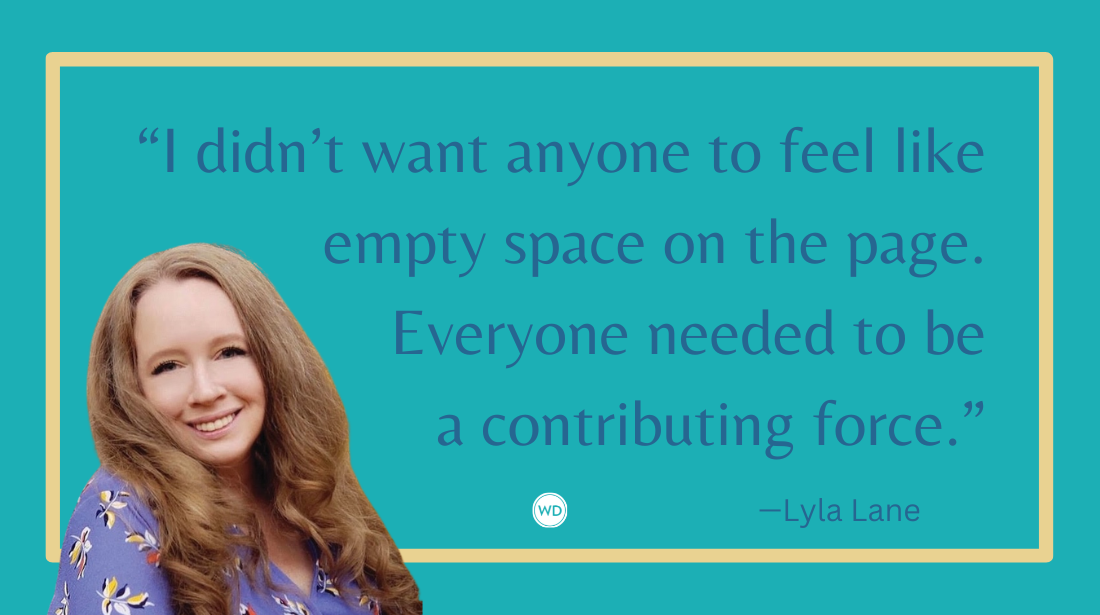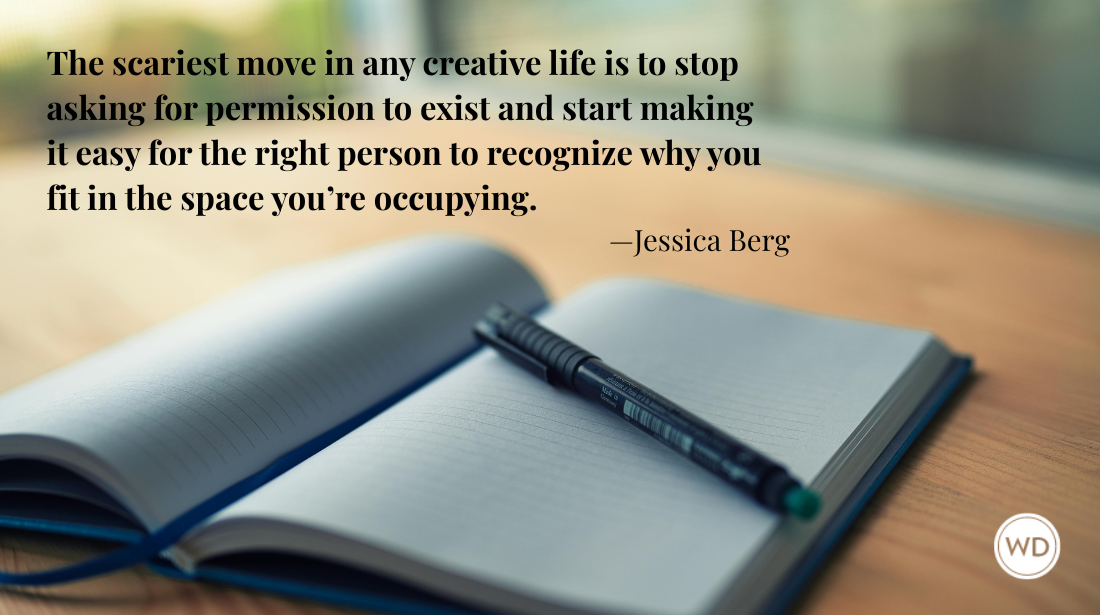7 Ways You Can Write for Change
If you’re motivated to write for change in the world, no matter the topic, writing coach Nina Amir has 7 tips to help you achieve your goal.
No matter the genre in which you write, your published work can transform you into a change agent. When your words get read, you have an impact in your readers’ lives that ripples out into the world.
As a writer or author, you are a change-maker. Your words possess power, as you’ve likely heard before:
“The pen is mightier than the sword.” Edward Bulwer-Lytton, Richelieu, or The Conspiracy
“Many wearing rapiers are afraid of goosequills.” William Shakespeare, Hamlet
Writers Make a Difference
Now it’s time to take these quotations to heart, and “author” change. Write and publish work that inspires and motivates your readers to do something different and beneficial.
As a writer, you are in a unique and powerful position to make a difference. You can speak your mind, state your case, and stand up for what you believe via your written words. And you can publish those words on a blog, in a magazine, or as an ebook or printed book.
In fact, you must publish your words if you want to write for change. Otherwise, no one will read them, and they won’t have impact.
What’s Your Mission?
Many writers feel they have a mission to accomplish. You can call this a cause or a purpose, but it probably feels like an internal push to be of service and make a difference with each piece you publish.
What cause would you like your work to support? Whether you write for publications, publish fiction or nonfiction, or produce posts for your blog, your published words can support that mission.
Your writing also can help you fulfill your purpose. Indeed, your writing may stem from a deep-seated desire to do sacred work in the world. You may feel you have a God-given mission, and every piece you publish helps you accomplish it.
Maybe you passionately want to save the whales, feed the hungry, or protest legislative issues. Or you want more financial support for libraries, stricter food packaging guidelines, or a higher minimum wage. Possibly you wish to raise humanity’s level of consciousness, make meditation part of every school’s curriculum, or help women stand in their power.
Awesome! Sit down and start writing. That’s how you can make a difference.
Of course, you can join a march or protest, if you like. You can make phone calls, too. But don’t forget to use your gift—the ability to write—to affect change.
How to Write for Change
If you would like to write for change, here are seven ways you can do so.
- Be a journalist. Study the research. Dig up the facts. Interview the experts. Then write an article that supports your point of view or that shares information that can help bring about the desired change. Get your articles published in a major magazine or newspaper. Then watch for the ripple effect.
- Share your opinion. While most newspaper articles are written objectively, the Op-Ed page offers you a place to publish your opinion. Additionally, many online and print magazines allow opinionated pieces. Write for your local or a national newspaper or send your work to magazines that might be open to publishing a mission-focused article. In this way, you can reach thousands … even millions … of people with your message.
- Blog about your cause. A blog allows you to become a citizen journalist. You can write posts based on facts and studies, or you can blog from your perspective on a topic. If you publish posts often and consistently on this one topic, Google will boost your site in the search engine results pages quite quickly. Before long, your work—your message—could be read by 100, 1,000, 10,000, or 100,000 people (or more) per day. That’s a lot of impact! And don’t forget that you can also extend your reach by publishing guest blog posts on other sites.
- Write letters to elected officials. If your agenda is political, use your writing skills to craft persuasive letters to your elected officials. You can share them on social media and ask others to copy and paste your words into their emails to government representatives. Your finely crafted correspondences could be just the thing everyone needs to influence the desired change.
- Write social media posts. Social media might be one of the most powerful tools in a writer’s toolbox. If you have a way with words, what you post as an update on Facebook, Twitter, LinkedIn, or Instagram could go viral. That means what you say gets read by millions of people in very little time. There’s tremendous power in a viral social media post. But, even if what you write gets seen by only a few hundred people, you can influence them to get involved in your cause.
- Publish an ebook. If you can write an article or blog post, you can write an ebook … especially a short one (4,500 to 10,000 words). Write an ebook to inspire the change you desire. Publish it on Kindle. You can give it away or sell it, but if you promote it well … give it to journalists, radio show hosts, or podcasters … you might find yourself dubbed an “expert” and a bestselling author. Bestseller status means your book is getting read by a lot of people. In turn, it results in a more significant impact.
- Publish a book. Books wield enormous power. That’s why people try to ban those they feel are making a huge difference—ones with which they don’t agree. With that fact in mind, write a full-length book—a novel, parable, or prescriptive or creative nonfiction book, for instance—that inspires the change you want to see in the world. Authors are seen as thought leaders and influencers, which helps you advance your cause. And there is no better business card than a paperback or hardcover book.
You may think of other ways to write for change. Indeed, opportunities abound. So grab those that most appeal to you or that help you reach the most people. Write for change and make a difference as a writer.
If you want to find out how prepared you are to become an Author of Change, take this quiz.
Nina Amir is known as the Inspiration to Creation Coach. As one of 800 elite Certified High Performance Coaches working around the world—the only one working with writers, she helps her clients Achieve More Inspired Results. She helps all types of creators get from the light-bulb moment to the realization of their dreams without letting anything get in the way of that goal.
Nina is also an Author Coach who supports writers on the journey to successful authorship. She has authored three traditionally published books for aspiring authors, How to Blog a Book, The Author Training Manual, and Creative Visualization for Writers, as well as a host of self-published books and ebooks, including the Write Nonfiction NOW! series of guides. She has had 19 books appear on the Amazon Top 100 List and as many as six of her books on the Authorship bestseller list at the same time.
Nina is the founder of the Nonfiction Writers’ University, the Write Nonfiction in November Challenge, and the Author of Change Transformational Programs. She also created a proprietary Author Training curriculum and Author Career Planning program.
For more information, visit NinaAmir.com or BooksByNinaAmir.com.







